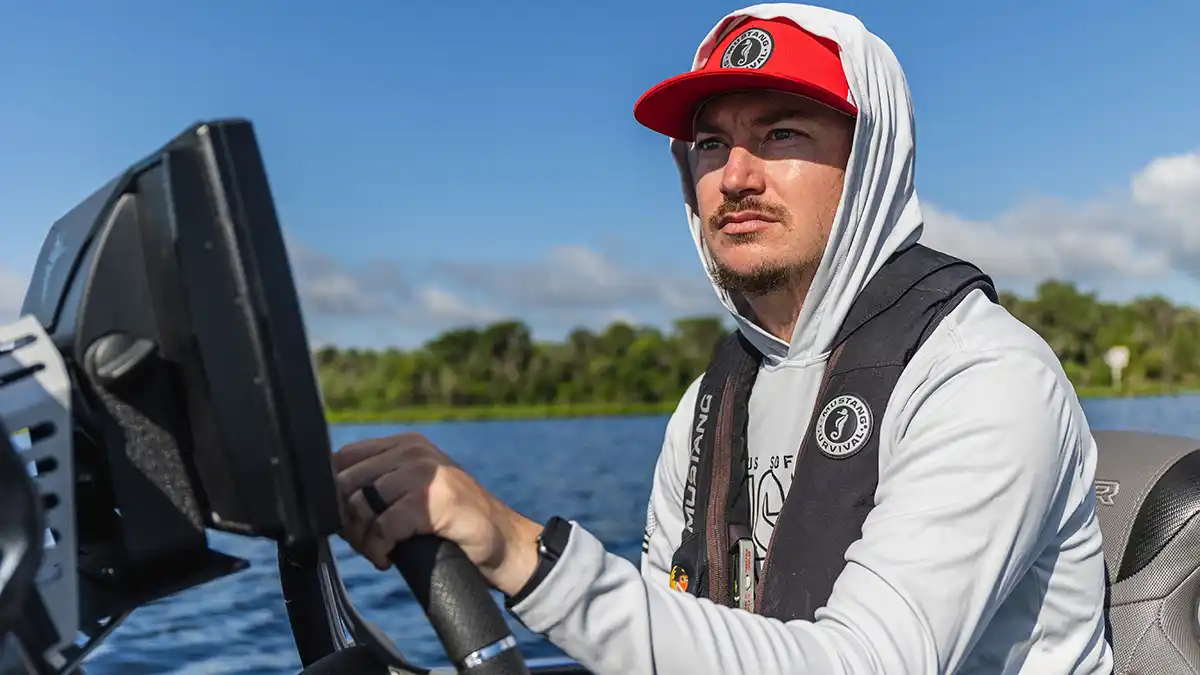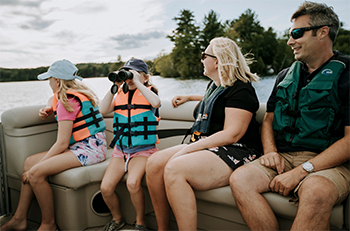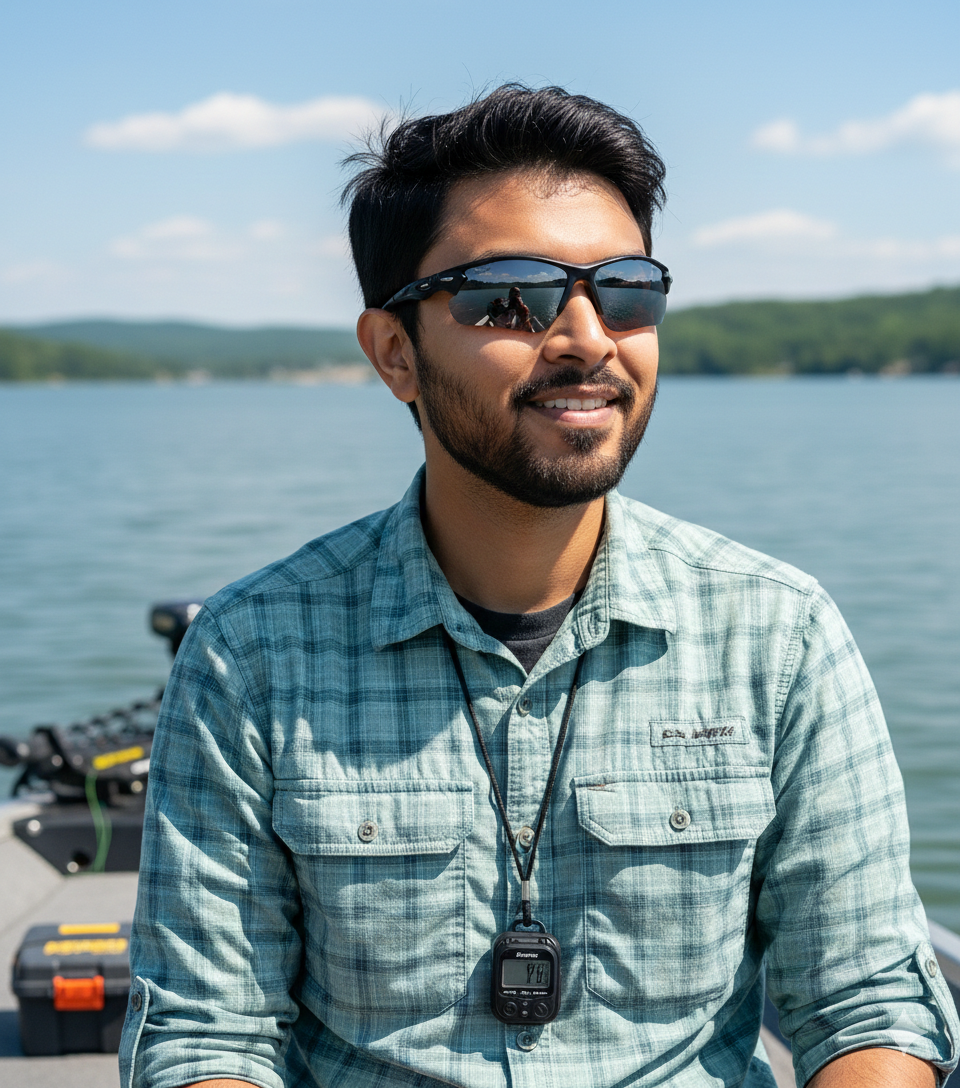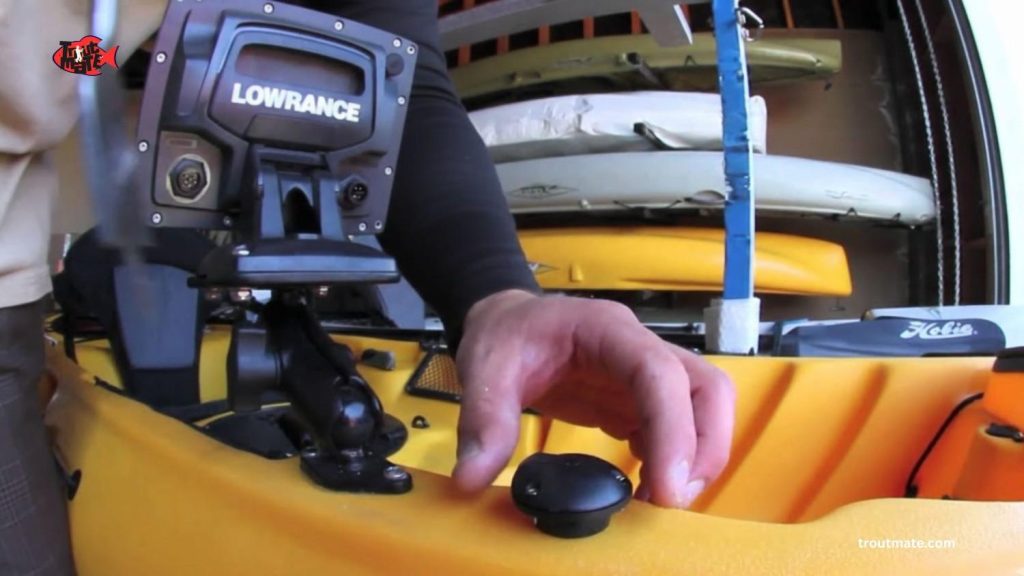Boating and fishing safety are crucial for a fun and secure experience on the water. Follow essential guidelines to ensure safety.
Boating and fishing offer relaxation and adventure, but safety must be a top priority. Wear life jackets, check weather forecasts, and ensure your boat is in good condition. Inform someone of your trip details and carry essential safety gear like flares and a first-aid kit.
Avoid alcohol, stay alert, and be mindful of other boaters and wildlife. Educate yourself on local regulations and respect the environment to preserve natural habitats. By following these guidelines, you can enjoy your time on the water while minimizing risks and ensuring everyone’s safety.
Pre-trip Preparations
Before heading out for a day of boating and fishing, it’s essential to ensure all preparations are in place. Proper planning can make your trip safe and enjoyable. This guide will help you with the necessary pre-trip preparations.
Check Weather Forecast
Always check the weather forecast before your trip. Weather can change quickly and knowing the forecast helps you plan better. Use reliable sources like the National Weather Service.
Look for any signs of bad weather, like high winds or storms. If the forecast looks uncertain, it might be best to reschedule.
| Weather Condition | Recommendation |
|---|---|
| Clear Skies | Safe for boating and fishing |
| Cloudy | Proceed with caution |
| Thunderstorms | Stay off the water |
Inspect Equipment
Inspecting your equipment is crucial for a safe trip. Make sure all items are in good working condition.
- Life Jackets: Check for any wear and tear.
- Fishing Gear: Ensure rods and reels are functional.
- Boat Engine: Test it before leaving.
You should also carry a first-aid kit and a tool kit. These items can be lifesavers in emergencies.
By following these steps, you can ensure a safer and more enjoyable boating and fishing experience.

Credit: www.wired2fish.com
Safety Gear Essentials
Boating and fishing are thrilling activities. Staying safe should always be a top priority. Knowing the essential safety gear can make a big difference. This guide will help you understand the must-have items for a safe boating experience.
Life Jackets
Life jackets are the most important safety gear on any boat. Always have enough life jackets for everyone on board. Make sure they fit well and are in good condition. A good life jacket can save your life in an emergency.
- Check for a snug fit.
- Ensure they are approved by the coast guard.
- Children need special life jackets.
Store life jackets in an easy-to-reach place. Test them regularly to ensure they are still effective. Never go on a boat without wearing one.
First Aid Kit
A first aid kit is another essential item. Accidents can happen anytime. A well-stocked first aid kit can handle minor injuries until help arrives.
| Item | Purpose |
|---|---|
| Bandages | Cover cuts and wounds |
| Antiseptic Wipes | Clean wounds |
| Pain Relievers | Reduce pain and fever |
| Scissors | Cut bandages and clothing |
Keep the first aid kit in a waterproof container. Check it regularly and replace any used or expired items. Knowing how to use the items in the kit is also crucial.
Boat Maintenance
Keeping your boat in top shape ensures a safe and enjoyable experience. Regular boat maintenance prevents breakdowns and accidents. Here’s a guide to help you maintain your boat, focusing on the engine and hull.
Engine Check
The engine is the heart of your boat. Regular checks are essential.
- Inspect the oil level and change it if needed.
- Check the coolant level to prevent overheating.
- Ensure the fuel system is free of leaks.
- Look at the belts and hoses for wear and tear.
- Test the battery to ensure it holds a charge.
Hull Inspection
The hull protects the boat from water damage. Regular inspections are crucial.
- Check for cracks or blisters on the hull surface.
- Ensure the keel is straight and undamaged.
- Look for signs of corrosion or rust.
- Inspect the propeller for any dents or chips.
- Clean the hull bottom to remove algae and barnacles.
Regular boat maintenance keeps you safe on the water. Follow these steps to ensure your boat is always ready for an adventure.

Credit: www.maine.gov
Navigational Rules
Understanding navigational rules is vital for safe boating and fishing. These rules help prevent accidents and ensure smooth sailing. This section covers Right of Way and Navigational Aids.
Right Of Way
Boats have a system for determining the right of way. This system helps avoid collisions.
- Powerboats must give way to sailboats.
- Sailboats must give way to vessels under tow.
- Fishing boats actively fishing have the right of way over sailboats.
When two boats meet head-on, both should turn to the starboard (right). If boats are crossing paths, the boat on the right has the right of way.
Navigational Aids
Navigational aids are tools that help boaters navigate waters safely. These include buoys, beacons, and lights.
Buoys mark channels and hazards. They come in different shapes and colors.
Beacons are fixed structures. They often have lights or sound signals. These help boaters find their way at night or in poor visibility.
Lights on boats indicate their position and activity. For example, a red light on the port (left) side and a green light on the starboard (right) side.
Understanding these navigational aids helps you avoid accidents and stay safe on the water.
Emergency Procedures
Boating and fishing can be fun, but safety is key. Knowing emergency procedures can save lives. This section covers crucial actions for emergencies.
Man Overboard
If someone falls overboard, act fast. Follow these steps:
- Shout “Man Overboard!” to alert everyone.
- Throw a flotation device to the person.
- Turn off the engine to avoid accidents.
- Keep sight of the person at all times.
- Use a ladder or rope to help them back on board.
Distress Signals
If you need help, use distress signals. They alert rescuers quickly. Here are common distress signals:
- Flares: Use red or orange flares.
- Flags: Wave a bright flag.
- Radio: Use a VHF radio to call for help.
- Lights: Flash your boat lights.</li

Credit: www.lakehartwellfishingguides.com
Fishing Safety Tips
Fishing is a fun activity for all ages. Safety is very important while fishing. Follow these tips to keep safe on your fishing trip.
Handle Gear Safely
Fishing gear can be dangerous if not handled carefully. Always check your gear before use. Make sure hooks, lines, and rods are in good condition.
Keep hooks away from people and pets. Use a tackle box to store sharp items. When casting, ensure no one is nearby. This prevents accidents.
Wear gloves when handling fish. Fish have sharp fins and teeth. Gloves protect your hands from cuts.
Avoid Overloading
Overloading your boat can be very risky. Know your boat’s weight limit. Do not exceed this limit.
Balance the weight in the boat evenly. This keeps the boat stable. Place heavy items in the center of the boat.
Keep a list of all items in the boat. Ensure you have enough life jackets for everyone. Safety comes first!
| Safety Tip | Details |
|---|---|
| Handle Gear Safely | Check gear, store sharp items, wear gloves |
| Avoid Overloading | Know weight limits, balance weight, have life jackets |
Environmental Considerations
Boating and fishing can be fun activities. But it’s important to protect nature. Respect the environment and keep it clean. This helps wildlife and keeps waters safe.
Respect Wildlife
Wildlife is important for the environment. Always be gentle and kind to animals. Keep a safe distance from birds and fish. Do not disturb their natural habitats. Avoid loud noises that can scare animals. Use binoculars to watch animals from afar. This keeps them safe and happy.
Dispose Waste Properly
Trash can harm the water and animals. Always bring a trash bag with you. Collect all your waste and put it in the bag. Never throw trash into the water. Dispose of it in a proper bin on land.
- Use biodegradable products.
- Recycle plastic and glass bottles.
- Avoid using single-use plastics.
Fishing lines and hooks can be dangerous for animals. Always check and remove them from the water. Use special containers for broken lines and hooks. This keeps the water clean and safe.
Post-trip Actions
After a fun day of boating and fishing, follow the post-trip actions. These steps ensure safety and maintain your equipment. Taking the time now can save trouble later.
Clean Equipment
Always clean your equipment after each trip. Use fresh water to rinse off salt and dirt. Salt can damage your gear over time.
Here’s a simple cleaning checklist:
- Rinse fishing rods and reels with fresh water.
- Wipe down the boat’s interior and exterior.
- Check the boat’s engine for any debris.
- Clean fish storage areas thoroughly.
Proper cleaning keeps your gear in top shape. It also prevents the spread of invasive species. This helps protect the environment.
Review Safety Practices
After each trip, review safety practices with your crew. Discuss what went well and what needs improvement. This helps everyone stay prepared.
Key points to review:
- Were all safety gear items in good condition?
- Did everyone wear life jackets?
- Were there any close calls or accidents?
- Did the communication system work properly?
Record your observations for future trips. This helps improve safety over time. Always strive to create a safer boating environment.
Frequently Asked Questions
What Are The Basics Of Boating Safety?
Always wear a life jacket. Check weather forecasts before boating. Keep a first-aid kit onboard. Follow navigation rules. Avoid alcohol while operating the boat.
What Are Five Safety Practices You Should Always Follow While Fishing?
1. Wear a life jacket at all times. 2. Use sunscreen to protect from UV rays. 3. Keep a first aid kit handy. 4. Stay hydrated by drinking water regularly. 5. Check weather conditions before heading out.
What Safety Precautions Should You Follow When Fishing Aboard A Boat?
Wear a life jacket at all times. Check weather forecasts before departure. Keep a first aid kit on board. Avoid alcohol consumption. Stay aware of your surroundings.
What Is The Golden Rule Of Boating?
The golden rule of boating is to always wear a life jacket. Safety is the top priority on the water.
Prioritizing safety ensures enjoyable boating and fishing experiences. Always follow guidelines and use proper equipment. Stay informed about weather conditions and local regulations. Share these tips with fellow enthusiasts to promote safe practices. Enjoy your adventures responsibly, creating lasting memories while protecting yourself and others on the water.

I’m the owner of TroutMate and a passionate fishing enthusiast. I share hands-on guides, gear reviews, and practical tips for freshwater, saltwater, and kayak fishing. My mission is to help anglers of all levels catch more fish, explore new locations, and enjoy every trip on the water.


